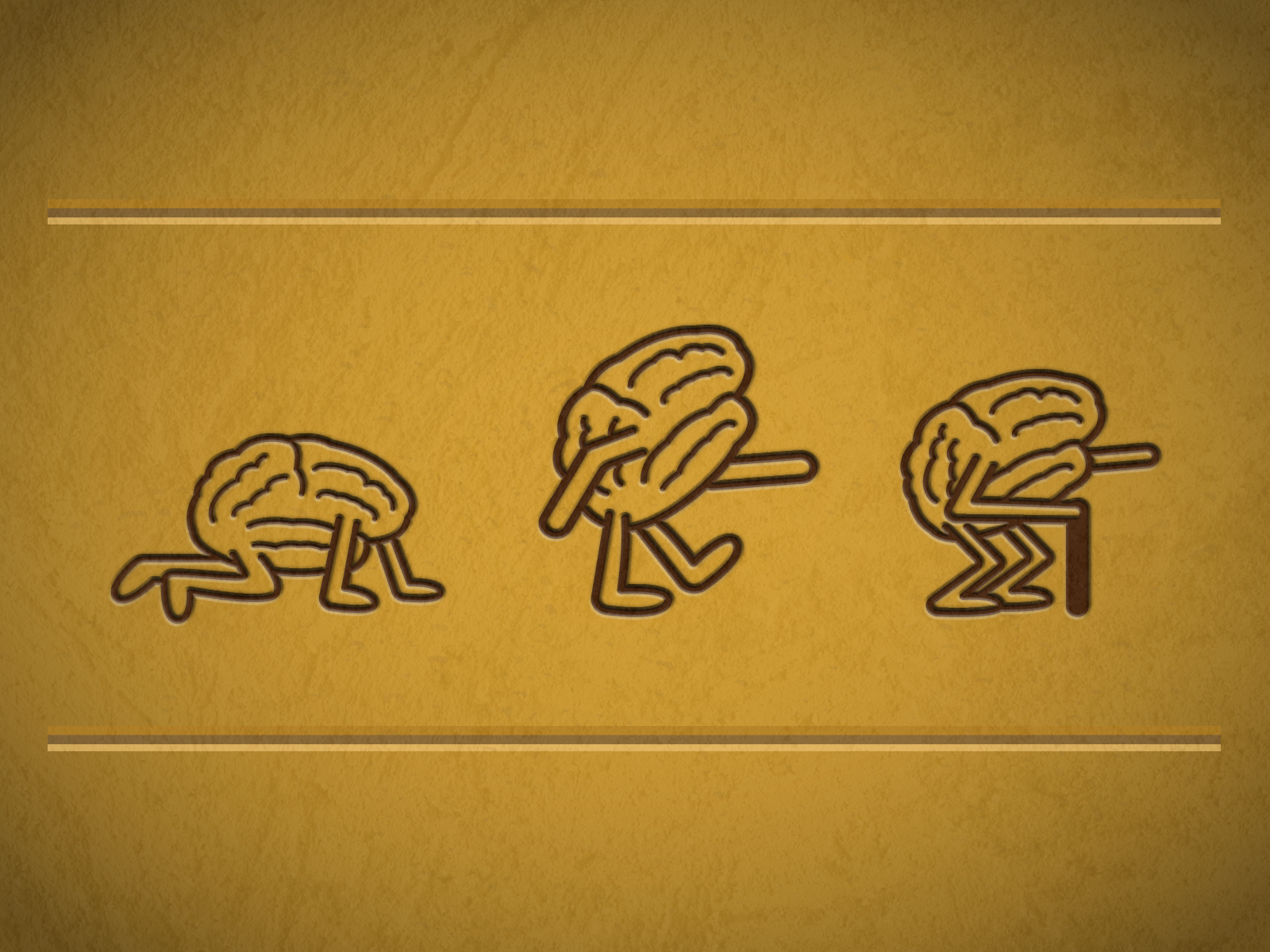Everybody wishes to stay young forever, but sadly we all age. Aging is a natural part of life and causes many changes to our body. Less flexibility, worse vision, and bad memory are just some examples. Even though these changes do not necessarily happen to every person, it is possible to infer a person’s biological age using them. So here are 4 quick tests that you can use to inspect your own or someone else’s biological age.
1. Hearing
Sounds consist of different frequencies that the ears pick up. We humans can pick up frequencies between 20 Hz to 20.000 Hz. In contrast, dogs have a hearing range of 64 to 45.000 Hz. Dog whistles make use of this fact by producing a frequency above human hearing, which dogs hear fine. As we become older, it becomes harder to hear higher frequencies. Take this test to see if your hearing is normal for your age.
2. Balance
Another sense that worsens is your proprioception, which involves the position and movement of your body. This includes your ability to balance on 1 foot. To test your biological age, you can try the following test.
Stand up, close your eyes, and lift 1 foot off the ground. Measure the time you can hold this position with a stopwatch. You should stop the time when you touch the ground, sway a lot, or open your eyes. To get a more accurate result, you can do this 3 times and average it. Look up your time in seconds in this table:
| Time (s) | 4 | 5 | 6-7 | 8 | 9 | 10-12 | 13-16 | 17-22 | 23-28 | 29+ |
| Age (y) | 70+ | 65-69 | 60-64 | 55-59 | 50-54 | 45-49 | 40-44 | 30-39 | 25-29 | 0-24 |
3. Working Memory
Memory is generally divided in 2 parts: short-term or working memory versus long-term memory. When we memorize new information, we first hold it for a short while in our memory, before deciding it’s worth remembering forever in our long-term memory. Short memories can be remembered for only up to 30 seconds and we can only remember around 7 items. This is referred to as the Magical Number 7 or Miller’s Law. However, research has shown that this actually differs by age. Children and elders remember less. How many items can you remember and does it match your age? Try the test over at BrainScale and look up your age in the table.
| # Items | 1-3 items | 4-5 | 6-7 | 5 | 3-4 |
| Age | 4-9 years | 10-15 | 16-35 | 36-45 | 46-65 |
4. Colors
As we all know, our sights also gets worse. However, this differs too much for everyone to conclude anything about specific age ranges. Surprisingly though, colors can tell us something about our age. Now this is not biological age like the tests above, but instead mental age. Even then, it’s a fun test to try and compare with your actual age.

